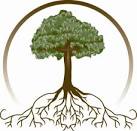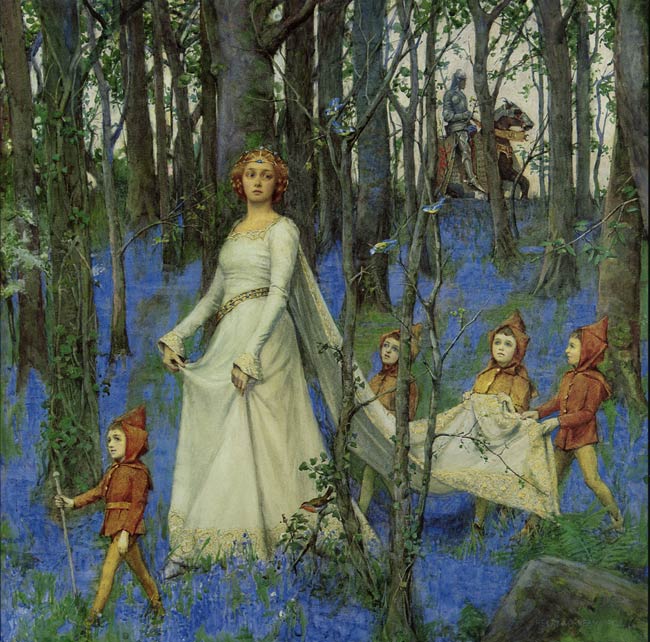|
I love wandering through bookstores, and anymore it is one of my forms of relaxation. So, while I don't have children, I am perfectly happy to wander the whole of Barnes & Noble, including the children's section. Of late I have been intrigued by how folk and fairy tales, and myths, have been forming the base of children's and young adult novels, and that is not counting adult books too. And, of course, there are now a whole plethora of movies. Though, I often wonder how the sheer amount of re-workings may dilute the culture's knowledge of the stories behind the books and movies.
One of the other reasons for my exploration in the children's section is that occasionally they put collections of folk tales, and fairy tales, there. And I have had some luck in my finds. This time, as I was looking through the section, I was pleased to see that the store had stocked up on young adult collections of Greek, Norse, and Egyptian myths. Hopefully this means that young readers want to learn more about the sources of their favorite series. In many ways that is the wonder of young minds - they are inquisitive. And if something catches their interest then they want to know more! I can vaguely remember those days, which is what stimulated my interest in folklore. I remember the power and eeriness of Christina Rossetti's "The Goblin Market," and I had access to a sampling of Irish folk tales, with their hints of the Fair Folk. From these my quest was launched, and led me to becoming a storyteller. At least I am hoping the presence of those young adult collections of myths indicate inquisitive interest in the original stories. Though, truth be told, I suspect that the younger audience stands a greater chance of knowing those myths than adults. For many adults who watch the fairy tale based T. V. shows and movies, or read the romances and fantasy novels derived from both folk and fairy tales, there is often little realization that the roots are old. That the roots go beyond Disney, or modern scriptwriters. That folk tales are often derived from folk beliefs, that myths are from ancient religions, and even the fairy tales are woven from our cultural history. "Does it matter?" I know a few who have asked that question. On the surface, does it really matter that a young woman thought that Shakespeare wrote for television? And that some first graders were terrified of leprechauns because of a horror film? Granted it might make a few shake their heads. But really - was that young woman's misconception going to change how well she made a living? Or did it matter that little ones were afraid of a make-believe character (even if they probably shouldn't be watching horror films that young)? Maybe not in the run of every day life. Yet when stories, or anything else, lose their roots they weaken. Are really lost. Way too many people, during the hectic days of early adulthood, have no use for the old. Be it family stories, history, or myth. Yet, as they mature some part of them yearns for those roots - and far too often the roots have withered to a shadow of what they were. Maybe it has always been that way - that I don't know. So I will accept those glimmers of hope that there are inquisitive minds out there that will nourish the roots for years to come.
0 Comments
How often do we talk about the power of stories? Or about having faith? And how often do we act on either - as in a leap of trust? In reading Signe Pike's Faery Tale I came across a woman who had followed the power of stories - and leapt into her own as she went off to search for the Fair Folk.
I had picked up the hard cover a while back, and had added it to my library of faery lore. And I will admit that even as I purchased the book I was a little dubious, since many of the modern books on the fairies tend to be very light on actual lore, and heavy on fluff. Couple that with it being a memoir and I was really wondering if I had spent my money well. It turned out I had. It took me a while to get around to the book as other research projects demanded my attention, but now I am sorry I have finished it. This was more than just a book of fairy lore. Ms. Pike's ability to bring places and people to life on the page is powerful in its own right. And the landscapes of her travels through the British Isles stand out in your mind. She had studied her lore and history, and she blends that with her personal growth and healing through the book. At the end you know she is strong in her beliefs, but she doesn't try to come up with any hard conclusions. Not that that would be possible when it comes to the Fair Folk. What is solid is the belief that both nature and history should be respected, and permission asked when a traveler enters these realms. |
Cathy Mosley
I am a Springfield, IL based storyteller with a fascination for how folklore travels, and for history. Archives
November 2014
Categories
All
|


 RSS Feed
RSS Feed
